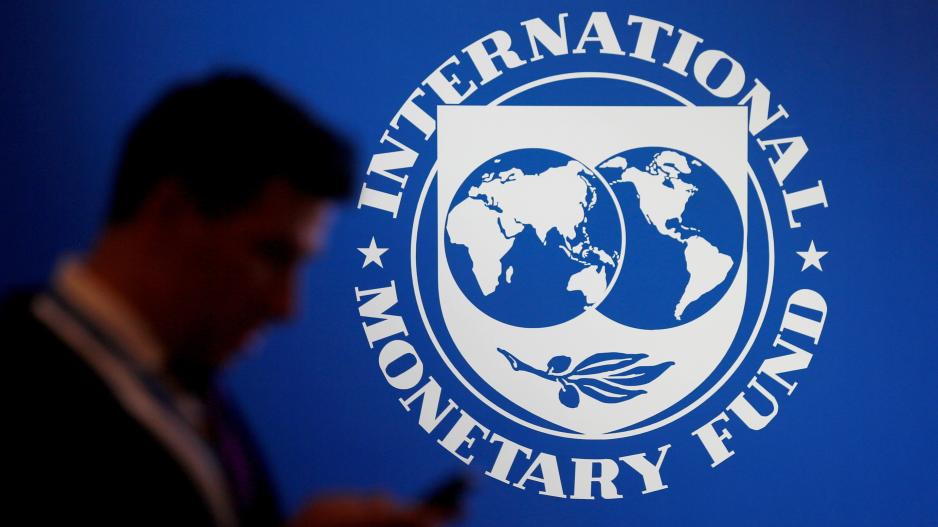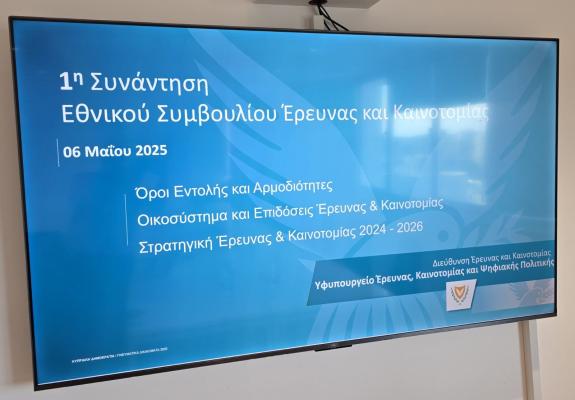IMF to Cyprus: Cut the ATA, 13th Salary, and Annual Pay Increases
Proposals Spark Backlash
A new study by the International Monetary Fund (IMF) is stirring political and union tensions in Cyprus, as the organization proposes significant reforms to the country’s public sector pay system. Commissioned by the Ministry of Finance to identify ways to rationalize the government wage bill, the study outlines cost-cutting measures that have already triggered strong reactions.
As Brief reports, among the IMF’s core recommendations are the elimination of the 13th salary, the discontinuation or adjustment of the Automatic Indexation Allowance (ATA), and the end of automatic annual pay increments in the public and broader public sector. The IMF also advocates for mechanisms to enhance productivity in the state sector—an issue it has flagged in Cyprus since the 1990s.
The report comes amid the IMF’s latest post-program review visit to Cyprus, held from March 21 to 28, 2025, under Article IV of its Articles of Agreement. The IMF mission, led by Deputy Director Alex Pienkowski, is set to present its conclusions at a press conference on Friday, March 28, at the Ministry of Finance.
During its visit, the IMF emphasized that rigid expenditures, particularly the steady rise of the public wage bill, remain one of the major risks to Cyprus’s public finances. According to a recent note from the Director General of the Ministry of Finance, Antonis Zachariadis, Cyprus ranks highest among EU countries in terms of public sector wages as a share of state spending—currently at 26.7%, excluding pensions and gratuities.
The IMF’s proposals have drawn sharp criticism from trade union leaders, who denounced them as “unrealistic.” Although the government is not obliged to adopt the recommendations, it has acknowledged the report's importance.
Speaking to Brief, Finance Minister Makis Keravnos confirmed that while the proposals are respected and may help guide future policy, any steps such as removing the 13th salary or ATA require serious political and social consideration.
Keravnos also stressed that during Cyprus’s previous adjustment program in the 2010s, the 13th salary was preserved—an established precedent that complicates any attempt to abolish it today. Instead, he advocates for internal structural reforms to address the "top-heavy" nature of the public sector. This, he argues, could help contain salary-related expenditures more sustainably.
The Minister further revealed that additional studies on civil service pay reform are currently under review. While differing in methodology, they all agree on the urgent need to control the growing cost of public salaries.
Looking ahead, Keravnos emphasized the importance of dialogue with PASYDY, the main public sector union. “Any decisions that impact wages or benefits must be made transparently and through social dialogue,” he said, expressing hope that the government’s cooperative relationship with unions will prevent a return to the austerity policies of the past.






